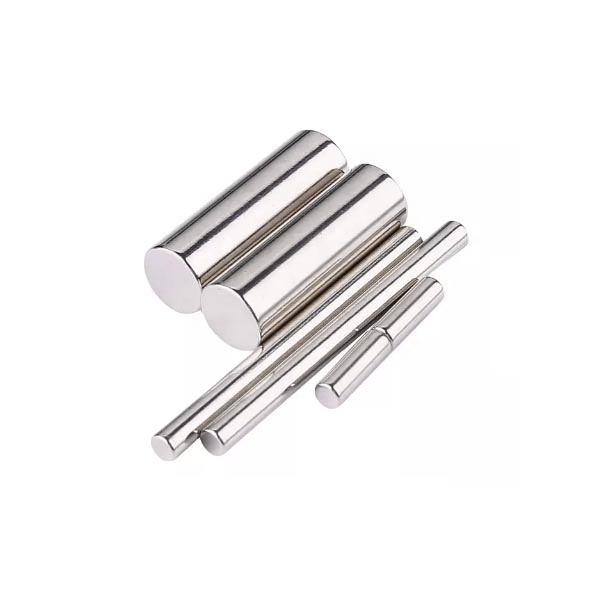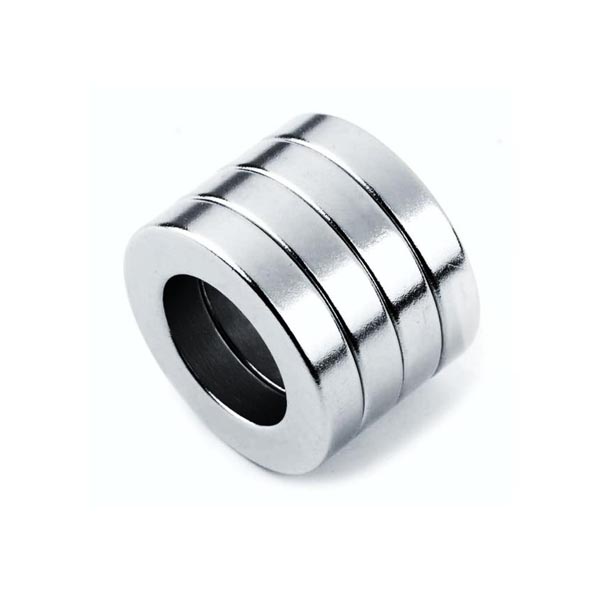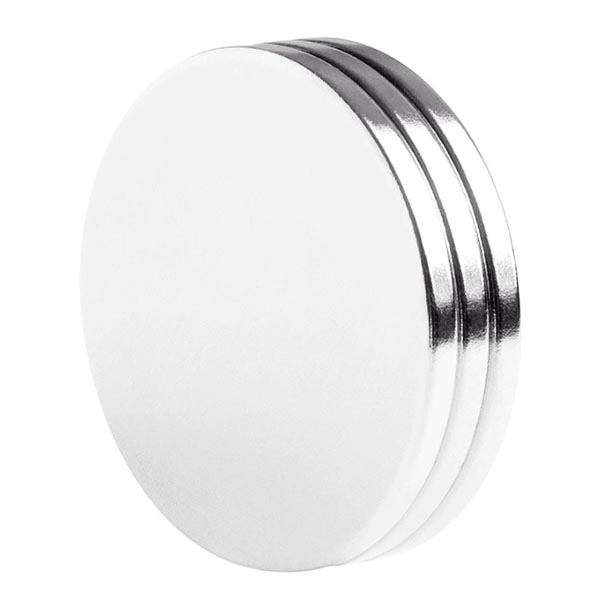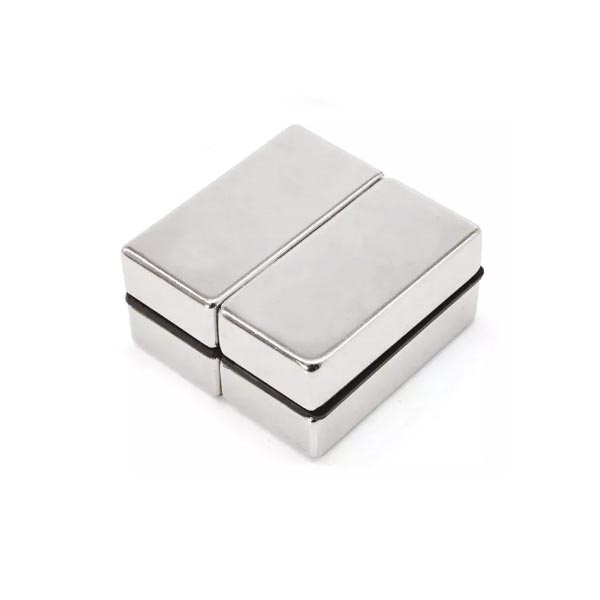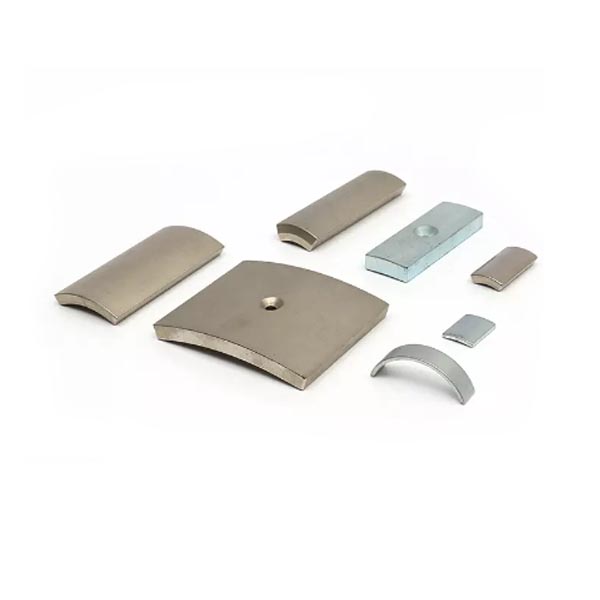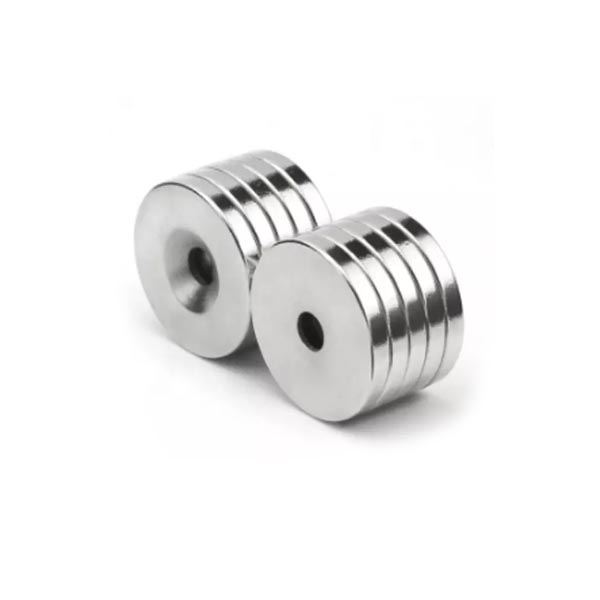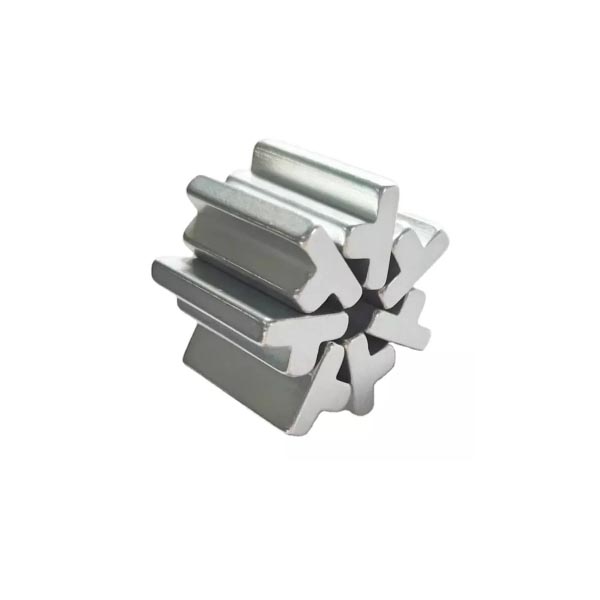Neodymium magnets, known for their extraordinary strength and compact size, have become critical components in industries such as electronics, automotive, renewable energy, and healthcare. The demand for high-performance magnets in these sectors continues to grow, making quality assurance (QA) essential for delivering consistent, reliable products.
1. Raw Material Quality Control
The first step in producing high-quality neodymium magnets is ensuring the integrity of the raw materials, primarily the neodymium, iron, and boron (NdFeB) alloy. Material consistency is vital to achieving the desired magnetic properties.
- Purity Testing: Manufacturers source rare-earth materials from reputable suppliers and perform chemical analysis to verify the purity of the neodymium and other components. Impurities can drastically affect the performance of the final product.
- Alloy Composition: The proper balance of neodymium, iron, and boron is essential for achieving the correct magnetic strength and durability. Advanced techniques like X-ray fluorescence (XRF) are used to ensure the precise composition of the alloy.
2. Control of the Sintering Process
The sintering process—where the neodymium, iron, and boron alloy is heated and compressed into solid form—is a critical stage in magnet production. Precise control of temperature and pressure during this phase determines the magnet’s structural integrity and performance.
- Temperature and Pressure Monitoring: Using automated control systems, manufacturers monitor these parameters closely. Any deviation can lead to inconsistencies in magnetic strength and physical durability. Maintaining optimal conditions ensures uniform grain structure in the magnets, contributing to their overall strength.
3. Dimensional Accuracy and Tolerance Testing
Many industrial applications require magnets to be of precise dimensions, often fitting into very specific components, such as electric motors or sensors.
- Precision Measurement: During and after production, high-precision instruments, such as calipers and coordinate measuring machines (CMMs), are used to verify that the magnets meet tight tolerances. This ensures the magnets can integrate seamlessly into their intended applications.
- Surface Integrity: Visual and mechanical inspections are conducted to check for any surface defects like cracks or chips, which could compromise the magnet’s function in critical applications.
4. Coating and Corrosion Resistance Testing
Neodymium magnets are prone to corrosion, especially in moist environments. To prevent this, manufacturers apply protective coatings like nickel, zinc, or epoxy. Ensuring the quality and durability of these coatings is crucial to the longevity of the magnets.
- Coating Thickness: The thickness of the protective coating is tested to ensure it meets specifications without affecting the magnet’s fit or performance. A coating that is too thin may not provide adequate protection, while a thick coating could alter the dimensions.
- Salt Spray Testing: To test corrosion resistance, magnets undergo salt spray tests, where they are exposed to a saline mist to simulate long-term environmental exposure. The results help determine the coating’s effectiveness in protecting against rust and corrosion.
5. Magnetic Property Testing
Magnetic performance is the core feature of neodymium magnets. Ensuring that each magnet meets the required magnetic strength is a critical QA process.
- Pull Force Testing: This test measures the force needed to separate the magnet from a metallic surface, verifying its magnetic pull. This is important for magnets used in applications where precise holding power is essential.
- Gauss Meter Testing: A gauss meter is used to measure the magnetic field strength at the magnet’s surface. This ensures that the magnet’s performance is aligned with the expected grade, such as N35, N52, or other specialized grades.
6. Temperature Resistance and Thermal Stability
Neodymium magnets are sensitive to temperature changes, which can reduce their magnetic strength. For applications that involve high temperatures, such as electric motors, it’s essential to ensure the magnets can retain their performance.
- Thermal Shock Testing: Magnets are subjected to extreme temperature changes to assess their ability to maintain magnetic properties and structural integrity. Magnets exposed to high temperatures are tested for their resistance to demagnetization.
- Cycle Testing: Magnets are also tested through heating and cooling cycles to simulate real-world conditions, ensuring they can perform reliably over extended periods of use.
7. Packaging and Magnetic Shielding
Ensuring that magnets are properly packaged for shipment is another crucial QA step. Neodymium magnets, being incredibly powerful, can cause damage if not packaged properly. In addition, their magnetic fields can interfere with nearby electronic components during shipping.
- Magnetic Shielding: To mitigate this, manufacturers use magnetic shielding materials such as mu-metal or steel plates to prevent the magnet’s field from affecting other goods during transport.
- Packaging Durability: The magnets are securely packaged using impact-resistant materials to avoid damage during transit. Packaging tests, including drop tests and compression tests, are conducted to ensure the magnets arrive intact.
Conclusion
Quality assurance in neodymium magnet manufacturing is a complex process that involves rigorous testing and control at every stage of production. From ensuring the purity of raw materials to testing magnetic strength and durability, these practices ensure that the magnets meet the highest industry standards.
By implementing advanced QA measures, manufacturers can guarantee the performance, reliability, and longevity of neodymium magnets, making them suitable for a wide range of critical applications in industries such as electronics, automotive, medical devices, and renewable energy. As the demand for these powerful magnets grows, quality assurance will remain a cornerstone of their production, driving innovation and reliability across multiple sectors.
Your Custom Neodymium Magnets Project
We can offer the OEM/ODM services of our products. The product can be customized according to your personalized requirements, including the size, Shape, performance, and coating. please offer your design documents or tell us your ideas and our R&D team will do the rest.
Post time: Oct-09-2024

